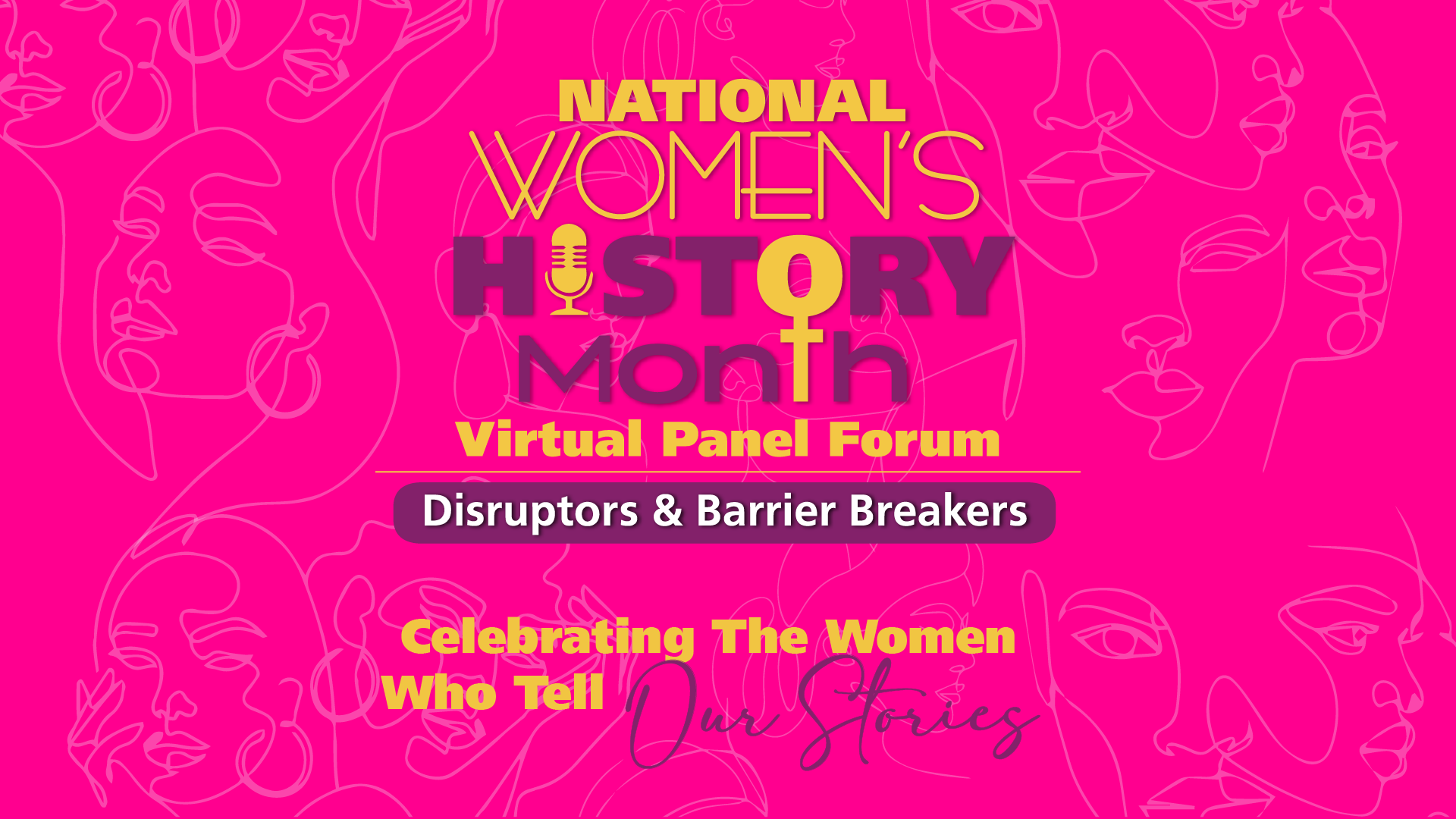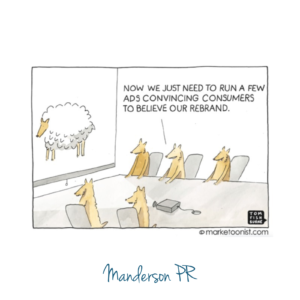Whether one is passionately disfavorable, indifferent, tolerant, or pro the emergence of an equal workplace in society for transgender people, what is widely misunderstood is the authentic life experiences of being transgender in the United States.
In a recent effort to better understand the uniqueness of the current transgender experience, McKinsey, the consulting firm has extensively researched being transgender. But, unfortunately, what was concluded was that being transgender often means facing not only stigma but also increasing threats to safety and existence, whether it’s record-high levels of deadly violence or a higher-than-typical likelihood of encountering employment or housing discrimination.
Moreover, some employers tended to focus more on supporting sexual-orientation diversity in the workplace than gender identity or expression. As a result, all too frequently, the transgender experience may not even register on employers’ radars when they work on corporate diversity, equity, and inclusion efforts.
McKinsey’s findings on research conducted within the United States:
1. Transgender adults are twice as likely as cisgender adults to be unemployed.
Cisgender employees make 32 percent more money yearly than transgender employees, even when the latter has similar or higher education levels.
More than half of transgender employees say they are not comfortable being out at work. Two-thirds remain in the closet in professional interactions outside their own companies.
2. People who identify as transgender feel far less supported in the workplace than their cisgender colleagues. They report that it’s more challenging to understand workplace culture and benefits and harder to get promoted. They also feel less supported by their managers.
3. Greater transgender inclusion in the workforce would benefit everyone. A concerted effort to increase employment and wage equity for transgender people could boost consumer spending by $12 billion annually.
There are more than 2.0 million transgender people in the United States, and the 1.2 million people who identify as nonbinary, employers cannot continue to ignore a significant population that experiences systemic barriers to employment, work performance, and career progression.




